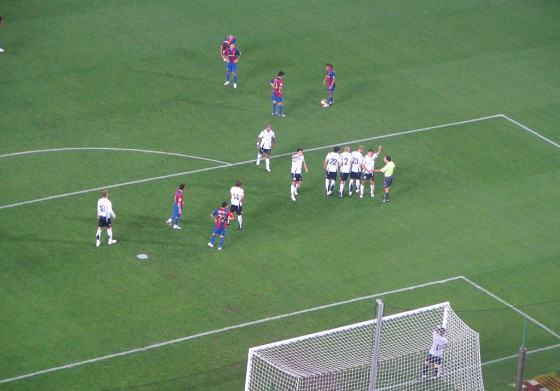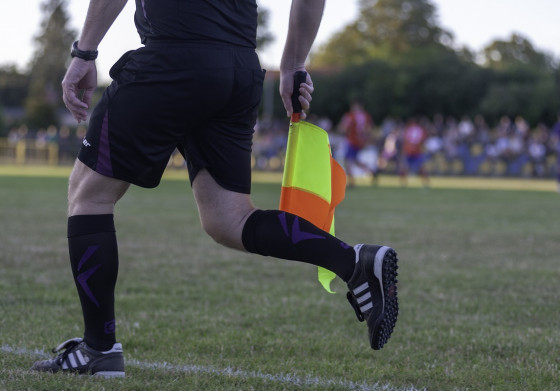The VAR technique
The Video Assistant Referee (VAR) technique has been a game-changer in football, providing referees with an additional tool to make more accurate decisions during a match. VAR technology has been introduced in many major leagues around the world, including the English Premier League, the Bundesliga, and La Liga. In this post, we'll take a closer look at how VAR works and its impact on the game.
What is VAR?
VAR is a technology that allows referees to review decisions made during a football match with the help of video footage. It is designed to help referees make more accurate decisions, particularly in situations where there is a high degree of uncertainty. The VAR system is usually operated by a team of video referees who watch the game from a control room, with access to multiple camera angles and replays.

How Does VAR Work?
When a decision is made during a match that is deemed questionable, the referee can request a review from the VAR team. The VAR team will then review the incident on video and communicate their findings to the on-field referee. The on-field referee can then use this information to make a more informed decision.
VAR can be used to review a number of different incidents, including goals, penalties, red cards, and cases of mistaken identity. The system is designed to be used only in situations where there is a clear error or serious incident that may have been missed by the on-field officials.
Impact on the Game
The introduction of VAR has had a significant impact on the game of football. The system has been praised for its ability to provide referees with an additional tool to make more accurate decisions, reducing the number of errors that occur during matches.
However, VAR has also been criticized for causing delays in the game and disrupting the flow of play. There have also been concerns that the use of VAR can lead to a lack of consistency in decision-making, as different referees may interpret the same incident in different ways.
Despite these criticisms, VAR has become an integral part of modern football, with most major leagues around the world now using the system. The technology is continually being improved and developed, with the aim of making it even more accurate and efficient.
In conclusion, VAR is a valuable tool that has been introduced to help referees make more accurate decisions during football matches. While it has had its challenges, the overall impact of VAR has been positive, improving the fairness and accuracy of the game. As technology continues to advance, we can expect to see further improvements to the VAR system, making it even more effective in the years to come.




